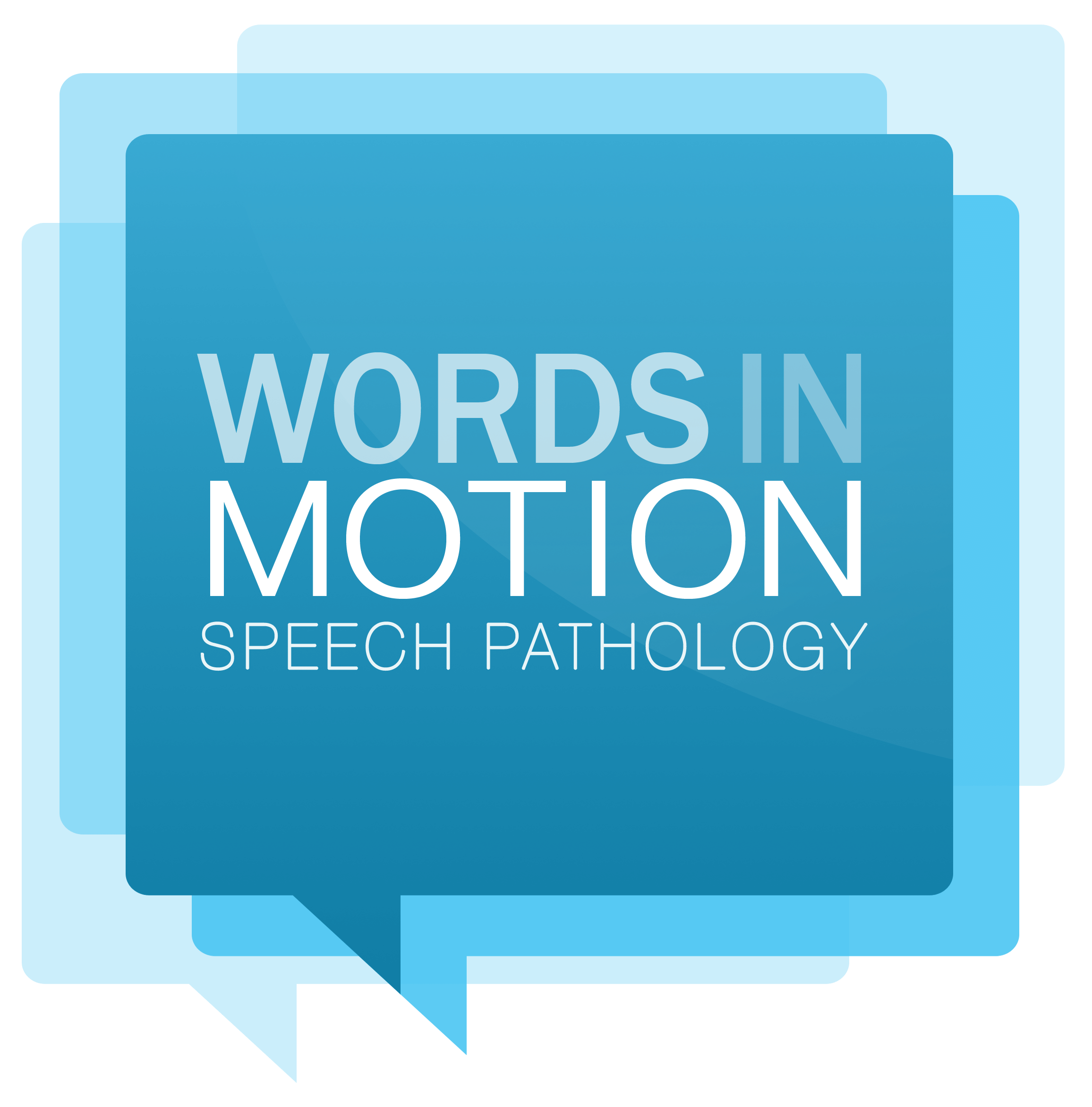Language
When we talk about language, we refer to the ability to understand others’ words as well as the ability to use words oneself.
Language usually develops in a fairly consistent sequence as a child grows and develops.
Speech pathologists are trained to assess and develop a child’s language across a number of areas, including:
- following instructions
- concept knowledge
- using words (vocabulary)
- forming sentences, and
- using correct grammar
Specific assessments are also used to evaluate a child’s ability to tell stories, respond to questions and problem solve.
When difficulties are identified, therapy can be provided in any of these specific areas and more.


When to seek help
Warning signs of potential language difficulties will vary significantly depending on your child’s age and stage. However, the following are some general warning signs that may warrant seeking help from a speech pathologist. For example, your child may:
- have difficulty following instructions (e.g. follows the instruction incorrectly/misses information, forgets what was said, frequently asks for repetitions or says ‘what?/pardon?’)
- confuse concepts (e.g. gets a big item not a small one)
- have trouble listening and remembering
- say a lot less than same-aged peers
- sound ‘young’ compared to peers due to grammar errors
- answer questions incorrectly (e.g. ‘where’ for ‘when’)
- struggle to start and maintain a conversation with peers
- find it hard to use imagination / engage in pretend play

Get in touch
Phone (03) 9217 6423
Fax (03) 9217 6444
Waters Edge Business Centre
Level 1, 2-8 Lake Street
Caroline Springs
Victoria, Australia 3023
Opening hours
Monday to Friday
9:00am to 5:30pm
